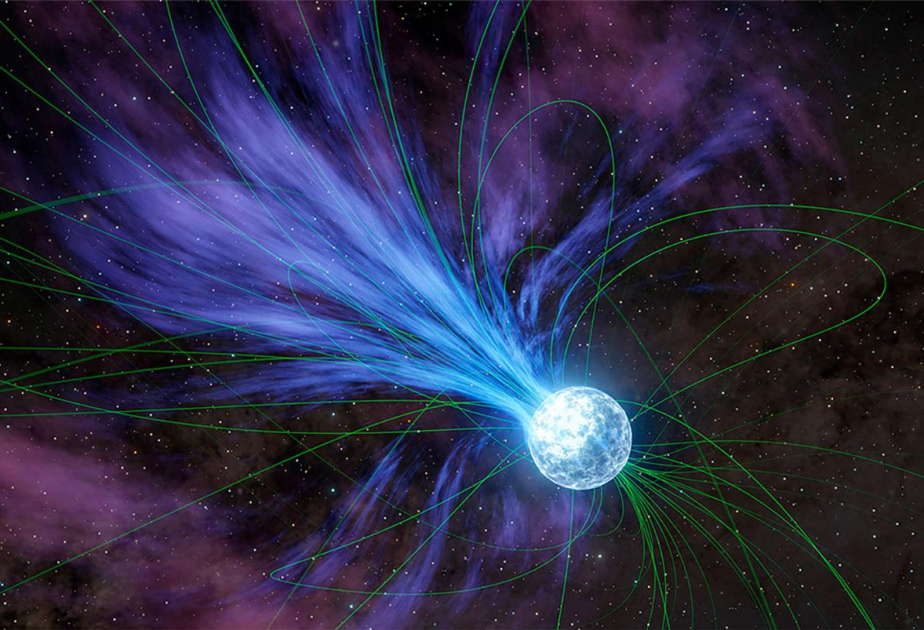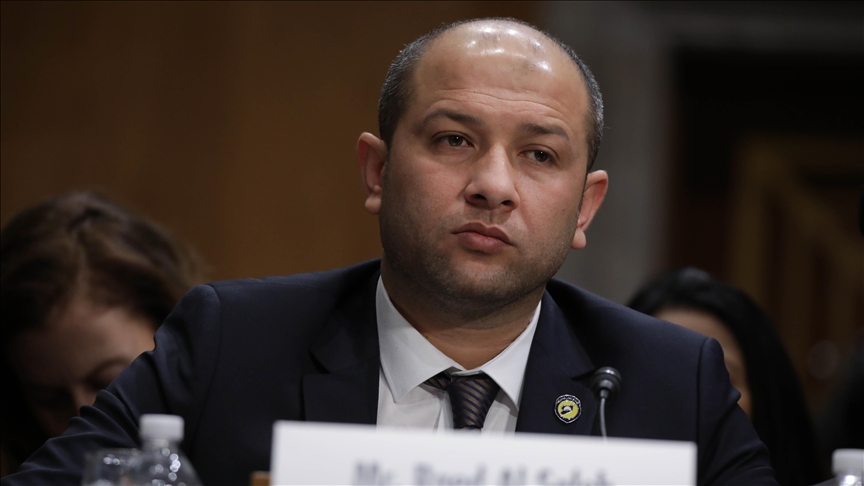Nikolai Kardashev introduced the Kardashev Scale in 1964 in his work titled “The Utilization of Energy by Civilizations,” which has since become a central topic in astrophysical and futuristic discussions. The scale is based on the idea of measuring the development of a civilization by its energy consumption. Kardashev attempted to analyze a civilization’s technological development, culture, and potential more deeply by measuring its energy consumption. The scale consists of three main types, but later various additional types and interpretations expanded upon this approach.
The Kardashev Scale divides a civilization’s energy consumption into several categories. These categories are determined by how widely a civilization can utilize various energy spectra and how it manages those energies. The scale is essentially a theoretical progression from planetary scale, to star system scale, and ultimately to galactic scale.
Type I Civilization – Planetary Civilization:
A Type I civilization fully harnesses all of the energy resources available on its home planet. This involves the absolute control of the planet’s energy. One of the key features of a Type I civilization is its ability to efficiently use a variety of natural energy sources — solar energy, wind energy, hydroelectric energy, nuclear energy, and geothermal energy.
* Technological Advancements: This civilization will have reached the highest levels of modern technology by minimizing energy losses. It will utilize advanced engineering and ecological knowledge to ensure the sustainable use of resources and to protect the planet’s ecosystem.
* Energy Sources: A Type I civilization will make effective use of non-fossil energy sources such as solar, wind, geothermal, and nuclear energy. It will possess advanced energy collection and storage technologies.
* Physical Limits: This civilization will apply high-level technological innovations to preserve the biosphere of the planet and maintain ecological balance without disrupting it.
* Current Status: Currently, humanity is classified as a Type 0 civilization. This refers to the era where most of our energy needs are still met by fossil fuels. However, the shift toward cleaner energy sources in developed countries suggests that a transition to Type I could be achievable in the near future.
Type II Civilization – Stellar Civilization:
A Type II civilization is one that harnesses the energy of its entire star system. Such a civilization would be capable of gathering and managing all of the energy produced by its star. The use of stellar energy is based on one of Kardashev’s most famous concepts, the Dyson Sphere.
* Dyson Sphere: This is an engineering structure that completely envelops a star, collecting all of its energy and making it available for the civilization. Part of the Dyson Sphere would consist of solar panels placed in orbit around the star.
* Technological Advancements: A Type II civilization will have made significant advancements in energy collection and storage technology. Additionally, it would need to have advanced spacefaring technologies, capable of traveling across interstellar distances.
* Energy Sources: This civilization would not only use the energy from its own star but also gather resources from nearby stars and planets. It would also harness energy from asteroids and other cosmic objects.
* Physical Limits: A Type II civilization would go beyond its home planet, colonizing its star system and traveling to other stars.
Type III Civilization – Galactic Civilization:
A Type III civilization is one that controls the energy of an entire galaxy. It would be a culture that governs the stars and planets of one or more galaxies. A Type III civilization could gather and consolidate the energy from every star and the objects surrounding them in its galaxy.
* Technological Advancements: This civilization would have the ability to establish intergalactic transportation and communication networks. Large-scale energy networks and high-tech infrastructures would be present across galaxies.
* Energy Sources: Interstellar energy collection and the use of vast cosmic structures would be the hallmark of this civilization. A variety of stars and planetary resources would support its existence.
* Physical Limits: A Type III civilization would engage in intergalactic communications, establish colonies on multiple planets, and begin to conquer other star systems.
Types IV and V Civilizations:
Nikolai Kardashev expanded his scale to include Type IV and Type V civilizations, which are more speculative and serve as topics for theoretical discussions.
* Type IV – Intergalactic Civilization: This civilization would span multiple galaxies and be capable of managing all the energy and resources present in several galaxies.
* Type V – Universal Civilization: This civilization would have the ability to harness all the energy of the universe. A Type V civilization would integrate the energy from numerous galaxies, stars, planets, and cosmic bodies, and could use energy anywhere in the universe.
The Kardashev Scale and Humanity’s Future:
The Kardashev Scale is not just a model for considering the fantastic possibilities of the distant future; it also serves as a tool for understanding how energy management can evolve today. We are currently a Type 0 civilization, but shifting to sustainable energy sources could be the first step toward reaching Type I. The global consideration of energy resources and ecological responsibility will open the way for significant technological advancements.
The Kardashev Scale offers a profound understanding of how civilizations use resources, impact ecosystems, and face the challenges of technological development. It provides a roadmap for humanity’s future direction and prospects. In a world approaching Type I, securing clean, sustainable energy, preserving ecosystems, and efficiently managing natural resources will become even more important. Humanity must overcome various technological, social, and ecological barriers to reach this level. However, this will not only be possible through technological progress but also by embracing ecological thinking.
Types II and III would not only address the large energy needs of civilization but also open up possibilities for sustaining life in space and expanding human existence beyond Earth.
The future of the Kardashev Scale goes beyond science fiction and offers a framework for setting goals and determining the paths for future development. This theory encourages consideration of the ecological and social implications of technological progress. Future civilizations will stand out not just by consuming more energy, but by using that energy in ways that protect ecosystems and ensure sustainable use.
In conclusion, the Kardashev Scale serves as a model for measuring the development of future civilizations, emphasizing not only technological and energy consumption aspects but also the importance of ecological and social responsibility. Humanity must shift its energy consumption model toward a more sustainable and environmentally friendly future. This will be crucial not only for the advancement of human civilization but also for protecting the future of our planet.
Madina Mammadova










